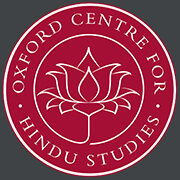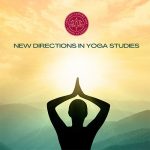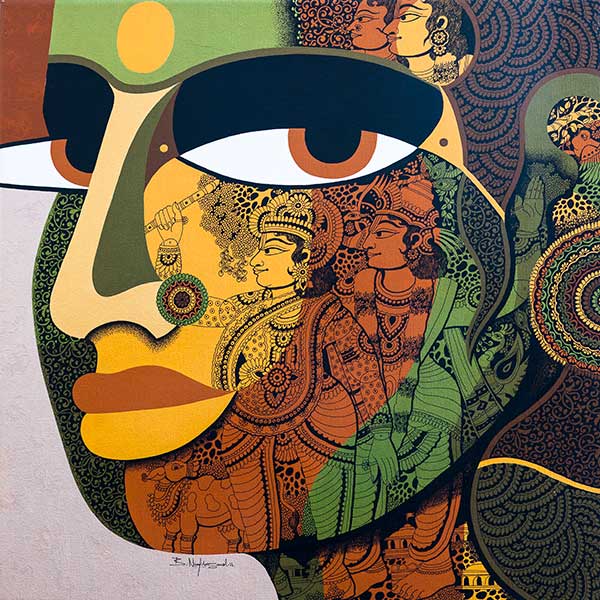New Directions in Yoga Studies: Lecture Series
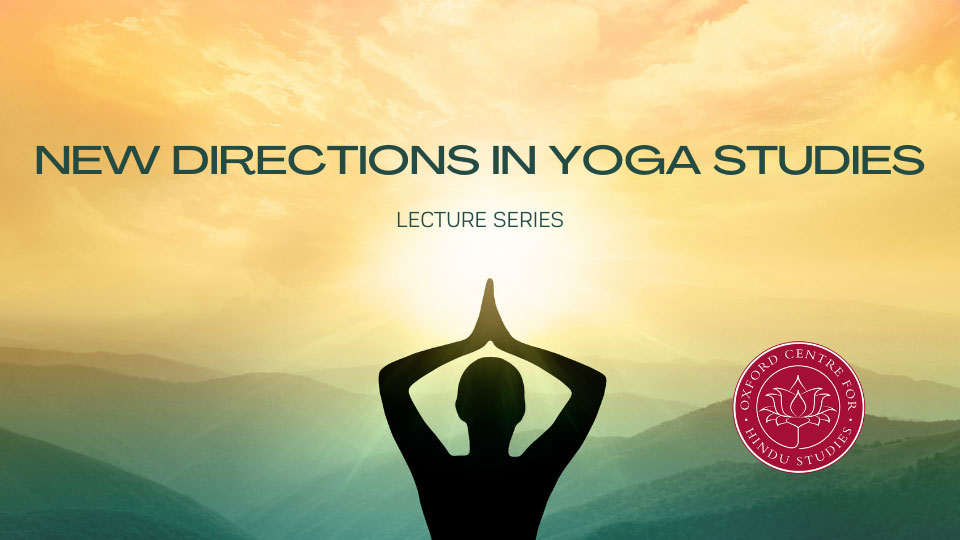
Yoga practice has never been more vital and in keeping with this a lot of deep thinking is taking place about yoga’s past and present, its philosophy and its relevance to the world outside the studio.
Join some of the world’s deepest thinkers in yoga studies as we explore global yoga, fresh translations of old texts, #MeTooInYoga, mysticism, consumerism, and so much more.
This lecture series gives you the opportunity to revisit one of our Weekend Schools.
The lectures are all available immediately and permanently.
There is a user forum as well, but unlike our Online Courses, these aren’t moderated and there are no assignments.
New Directions in Yoga Studies: Lecture Series
Yoga, Unyoking or Union?
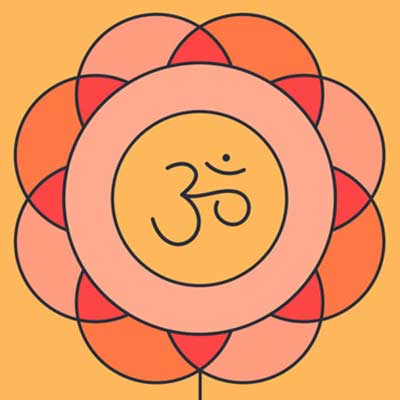
It’s often said that yoga means union, but in Patañjali’s Yoga Sūtra the goal is the opposite – the isolation of spirit from matter. Yet despite the text’s modern popularity, its underlying philosophy has been overshadowed. It’s also debatable whether its system has “eight limbs”, since it mostly says practice is one-pointed focus, while everything else is a helpful preliminary. This session will explore these anomalies to see what they reveal about the history of yoga.
Tutor: Daniel Simpson
Reading the Relationship between Pātañjali’s Yoga and Buddhist Yogācāra
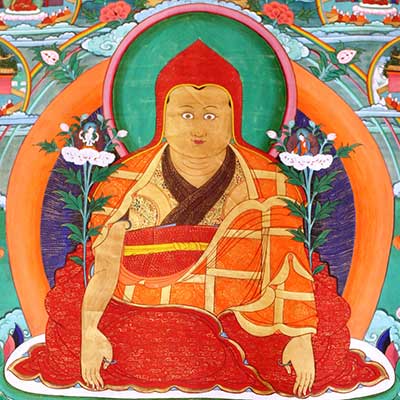
How does research into Buddhism integrate with study of the Pātañjalayogaśāstra (the Yoga Sūtras)? In this talk we will focus on yoga ideas and practices in early Buddhist sources on yogācāra and Sarvāstivāda Abhidharma and look at key passages that describe various paths. By seeing Pātañjala yoga in a broader frame we can enhance our understanding of Patañjali’s text.
Tutor: Dr Karen O’Brien-Kop
Peace Love Yoga: The Politics of Global Spirituality
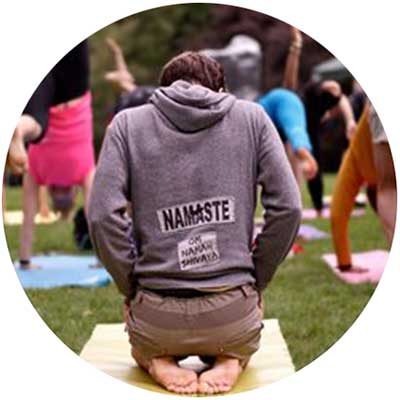
Andrea Jain explores the connections between global spirituality and neoliberal capitalism. She analyses entrepreneurial yoga gurus; apparel corporations that market consumer goods as a purchased commitment to social justice; and therapeutic applications of spirituality that concentrate on healing the broken person rather than undermining the system that broke the person. Many of these may acknowledge and subvert capitalism’s problems; but they subvert them through mere gestures. From provocative taglines printed across t-shirts or packaging to calls for “conscious capitalism,” commodification serves as a strategy through which subversion itself is contained.
Tutor: Dr Andrea R. Jain
Lotuses and Water Lilies: Untangling the Roots of Contemporary Global Yoga
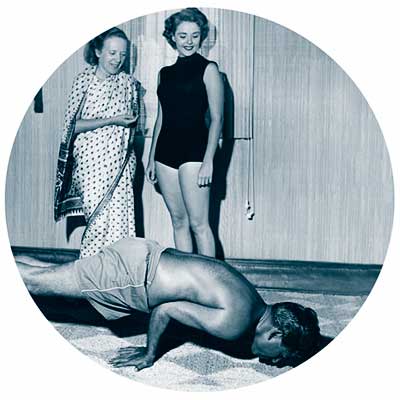
What makes something “yoga”? We find that modern postural yoga is neither a direct continuation or a corruption of any single pre-modern tradition. Instead, like all complex cultural phenomena, it is the product of a process of reinterpretation, recombination, and synthesis. This talk focuses on spiritual breath and movement practices as they existed in North America and Europe on the eve of yoga’s worldwide popularisation in the early twentieth century. We compare and contrast these with the yogic practices of contemporary India. How have these two systems intertwined and blended to produce the global practice we call “yoga” today.
Tutor: Dr Anya Foxen
Exploring the Yoga Sūtras
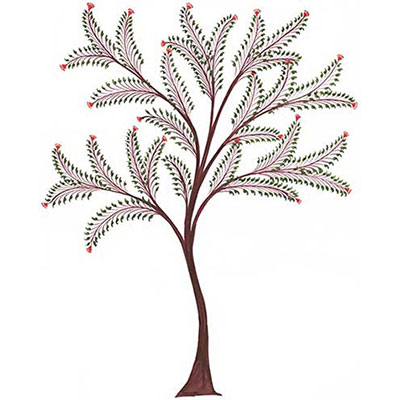
In this talk, we will undertake a careful study of selected sūtras from the Yoga Sūtras, which are of particular importance in understanding the central ideas of the text as a whole. Patañjali introduces his readers to a complex range of philosophical precepts that form a basis for the forms of yoga practice he advocates. Using the selected sūtras as a point of entry, we will review some of those points of philosophy and consider how such ideas are related to the practical instructions included in the Yoga Sūtras. Handouts of the sūtras to be considered will be emailed to participants beforehand.
Tutor: Dr Nicholas Sutton
Post-lineage Yoga: From Guru to #MeToo
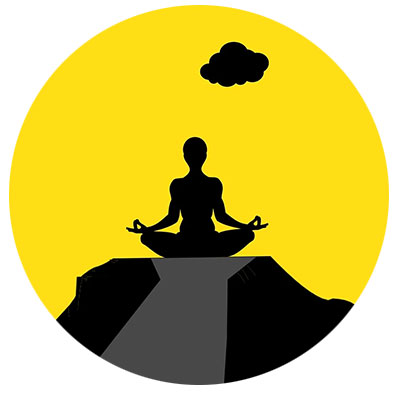
In group classes, yoga teachers dictate the movement, and experience, of their students. But threaded through yoga’s history is a more democratic, more individualised way of sharing practice with others. With the recent #MeTooinYoga movement and the growing popularity of accessible yoga, yoga teachers are increasingly turning to this hidden history for answers. In a diverse profession strongly resistant to official regulation, it is vital for scholars, practitioners, and policy makers alike to understand the risks and rewards of this development. Dr Wildcroft presents a ground-breaking model for understanding the contemporary teaching and practice of yoga. As more and more people enjoy the practice, she asks: in communities based more on peer-networks than hierarchy, how are ethical standards negotiated? How does practice relate to life off the mat? What does best practice look like, in “post-lineage” yoga?
Tutor: Dr Theodora Wildcroft
Yoga, Magic, Science: Yogis and Magicians in the Making of Modernity
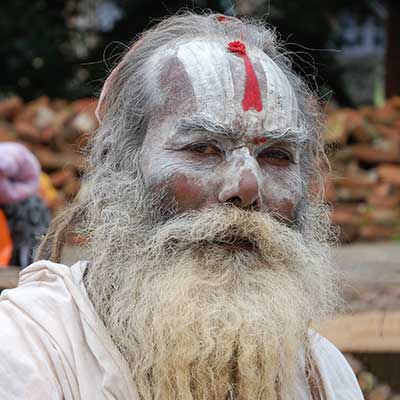
In this session we explore yoga’s uncertain position between Science and Magic in India and the West in the 19thand 20th centuries. We examine the figure of the Indian yogi as a continuing source of wonder and a key foil for both Western and Indian notions of rational, scientific modernity. Yoga’s association with supernatural powers and the yogi’s public performances of austerities, “juggling,” and sense deceptions raised troubling questions in this period. By telling the story of the unexpectedly intertwined figures of the yogi, the Indian juggler, and the Victorian stage magician, this session sheds crucial light on Yoga’s modern shift from the domains of “magic” and “religion” to those of “spirituality” and “science.”
Tutor: Dr Patton Burchett
Tracing the Path of Yoga: Four Facets of Mind-Body Discipline
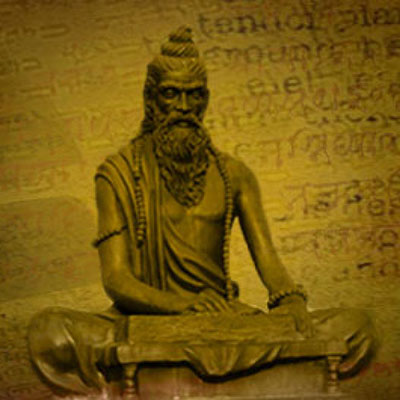
Here we examine four facets of yoga as a form of mind-body discipline. These include systems of yoga, including aṣṭāṅgayoga, ṣaḍaṅgayoga, the “threefold yoga” of karma, bhakti, and jñānayoga, and the “fourfold yoga” of mantra, laya, haṭha, and rājayoga. We look at the tension between worldly and otherworldly dimensions of yoga; links within yoga traditions that extend from ancient Vedic practices to contemporary postural traditions of yoga; and the connections between contemporary technology-driven “biohackers” and their forerunners within the Indic yogic and ascetic traditions.
Tutor: Dr Stuart Ray Sarbacker
Between Asceticism and Mysticism: Spiritual Yogis in the Festival Scene
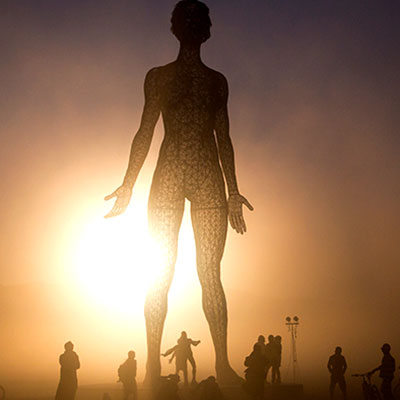
In her recent book, White Utopias: The Religious Exoticism of Transformational Festivals, Amanda Lucia shares nearly a decade of research among the “spiritual but not religious” (SBNR). She focuses on transformational festivals – like Bhakti Fest, Lightning in a Bottle, Wanderlust, and Burning Man, and identifies the practice of yoga as an institution for crafting and disseminating SBNR values. This talk examines the ascetical and mystical practices of yogis, and argues that they are driven by a desire for identity-making, spiritual experience, and a challenge to western hegemony – none of which can be dissociated from their whiteness.
Tutor: Dr Amanda Lucia
Exploring Yoga and Meditation Across Cultures and Disciplines
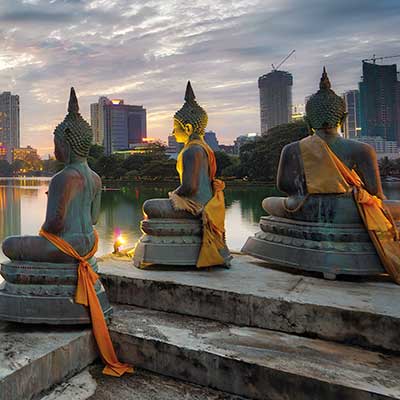
In recent decades, in parallel with the popularisation of yoga and meditation practices in many different cultural contexts around the world, scholars have shown an increasing interest in studying these practices. In this talk, the editors of the newly published Routledge Handbook of Yoga and Meditation Studies will explore the current state of research in these subjects. By placing a wide spectrum of approaches to these subjects side-by-side we can more fully reveal the blind spots to which a particular way of framing research inevitably gives rise.
Tutor: Dr Karen O’Brien Kop & Dr Suzanne Newcombe
Your Tutors
Dr Patton Burchett
Patton Burchett is author of A Genealogy of Devotion: Bhakti, Tantra, Yoga, and Sufism in North India. He is an Assistant Professor at the College of William & Mary with a PhD in South Asian Religions from Columbia University. His research explores the relationships between yogic and devotional religiosity in pre-modern India and the interrelations of magic, science, and “spirituality” in the birth of modernity in India and the West.
Dr Anya Foxen
Anya Foxen is Assistant Professor of Religious Studies and Women’s and Gender Studies at California Polytechnic State University, San Luis Obispo, USA. She is a yoga teacher and long-time practitioner. Her scholarship bridges yogic and Western esoteric traditions. Her most recent book is Inhaling Spirit: Harmonialism, Orientalism, and the Western Roots of Modern Yoga.
Dr Andrea R. Jain
Andrea R. Jain is associate professor of religious studies at Indiana University, Indianapolis, editor of the Journal of the American Academy of Religion, and author of Selling Yoga: From Counterculture to Pop Culture, and Peace Love Yoga: The Politics of Global Spirituality. Her research areas include religion and capital; global spirituality and modern yoga; gender, sexuality, and religion; and theories of religion.
Dr Amanda Lucia
Amanda Lucia is Associate Professor at University of California-Riverside and an expert in guru movements and the global circulations of modern Hinduism. She is author of White Utopias: The Religious Exoticism of Transformational Festivals, Reflections of Amma: Devotees in a Global Embrace, and numerous articles.
Dr Suzanne Newcombe
Suzanne Newcombe is Senior Lecturer in Religious Studies at the Open University and Honorary Director of Inform, based at King’s College London. Suzanne has been researching the social history and contemporary practice of yoga in Britain and Indian in the modern period for nearly twenty years. In addition to numerous book chapters and articles, she had produced a monograph Yoga in Britain and co-edited the Routledge Handbook of Yoga and Meditation Studies with Karen O’Brien-Kop.
Dr Karen O’Brien-Kop
Karen O’Brien-Kop is a Lecturer in Asian Religions and Ethics at Roehampton University, London. She researches classical South Asian Sanskrit texts and culture on meditation and yoga, in particular exploring the interconnections of Hinduism and Buddhism. More broadly, her research interests are Indian religion and philosophy, philosophy of mind, theory and method in the study of religion, global philosophies, and literary criticism and theory. She is co-editor of The Routledge Handbook of Yoga and Meditation Studies and has a forthcoming monograph with Bloomsbury Academic on Classical Yoga and Buddhism.
Dr Stuart Ray Sarbacker
Stuart Ray Sarbacker is a scholar of yoga and tantric traditions and an Associate Professor in the School of History, Philosophy, and Religion at Oregon State University in the United States. He is author of the forthcoming book Tracing the Path of Yoga: The History and Philosophy of Indian Mind-Body Discipline. He is co-founder of the American Academy of Religion’s Yoga and Theory and Practice Group.
Daniel Simpson
Daniel has a Master’s degree in Traditions of Yoga and Meditation from SOAS, University of London. He’s also a devoted practitioner of asana, pranayama and meditation, which he’s studied on numerous visits to India since the 1990s. Daniel previously worked as a foreign correspondent, which helps him make complex subjects feel accessible. He writes about yoga for magazines and on his website: www.danielsimpson.info
Dr Nick Sutton
Nick is the Director – and the heart and soul – of the OCHS Continuing Education Department. He is a dedicated teacher with decades of experience in making sometimes-confusing traditions relevant. He has created over a dozen online courses and is working on many more. He has written translations and commentary on Bhagavad Gītā and the Yoga Sūtra. Nick received his Phd from Lancaster University (1995). His thesis was on the religious teachings of the Mahabharata.
Dr Theodora Wildcroft
Theo Wildcroft is a yoga teacher, trainer, writer and scholar. Her research considers the democratisation of yoga post-lineage, and the many different ways yoga communities of practice are evolving. She is a founder member of Alt-ac.uk, a Visiting Fellow at the Open University, and Project Co-ordinator for the SOAS Centre of Yoga Studies.
